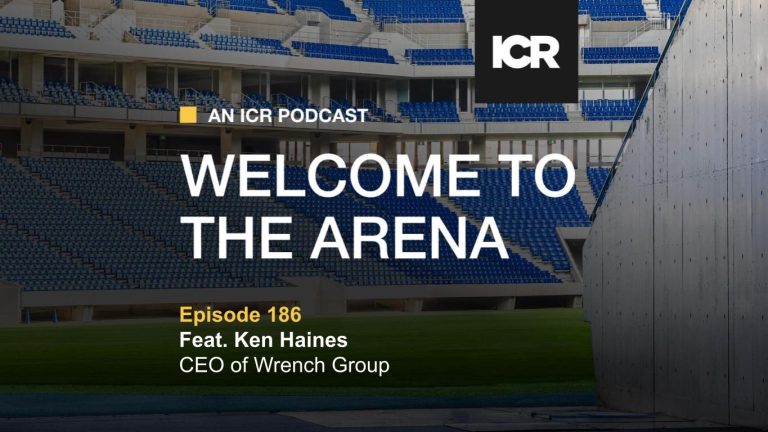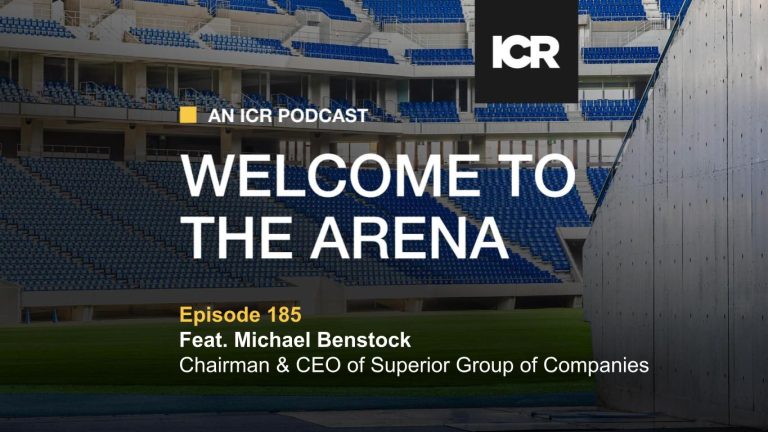For a long time, the private equity space was, well, private, with firms keeping their cards close to their chests. However, increased scrutiny and regulation over the past several years has prompted more transparency across the industry. That change enables investors to make more informed decisions, while business owners looking to sell have an enhanced ability to judge potential partners. In the end, everyone benefits from getting to know the players in PE on a more human level.
With experience as an operator and an investor, Dave Tayeh, Head of Private Equity North America at Investcorp, understands the growing importance of relationships in evaluating investment opportunities. In a recent episode of the ICR podcast, Welcome to the Arena, Tayeh provided insight on how the private equity space is changing and how he decides which companies to invest in.
Evaluating Opportunity
For Tayeh, the evaluation of every investment opportunity starts with an established set of criteria, including industry size growth rate, competitive intensity, and so on — all standard metrics in the PE space.
“Then we ask ourselves a simple question,” he continues. “Does this business have a reason to exist over the next 10 to 20 years? And if so, what is their position in the marketplace?”
This simple question reveals everything Tayeh and his team need to know about the company. “A lot of times, the businesses that perform the best may not be the biggest, but they have the best growth rates, best margin, best return on capital, best retention, best hiring, and so on.”
That question also commonly leads him to founder-led companies, rather than multi-generational businesses or those run by a hired CEO. And generally, that provides additional benefits; over the course of many years, founders are uniquely able to build up a strong company culture.
“When we find businesses with founder partners that are like-minded and have built a culture that’s special and hard to replicate, we run very hard and aggressively to do that investment,” he says.
Turning the Tables
Of course, investors only represent one side of the table. Sellers must also evaluate and choose the right private equity firm to partner with. Over his years of experience, Tayeh says the decision generally boils down to two questions.
First: Who can help me add the most value to my business? This question is designed to assess the firm’s depth and substance. Do they really know the industry? Can they help the business create more value than it would without the firm?
Second: Who do I want to work with? “We’re private equity investors; we’re not simply picking stocks,” says Teyah. “We’re going to spend a lot of time with our partners.” So while there are many important factors to consider, genuinely liking the people you work with is important for both sides of the table.
The Art and Science of Private Equity
Every job is part art and part science. Tayeh explains that the science part of private equity — valuation, industry due diligence, operating leverage vs. financial leverage etc. — is constantly becoming more efficient through advances in technology.
“The art part is the harder part,” he says. “And that’s applying judgement to your analysis and determining what it can tell you.”
And then, of course, there’s still one lingering question: Do you have the right people? “People run businesses — all businesses,” Tayeh says. “So making sure you have the right partner, the right people, and the right alignment is critical.”
As private equity continues to prioritize transparency, relationships are more important than ever. Great partners and a great company culture can make a good investment into a great one. To hear more of Tayeh’s thoughts on the changing PE industry, listen to the full podcast episode.



